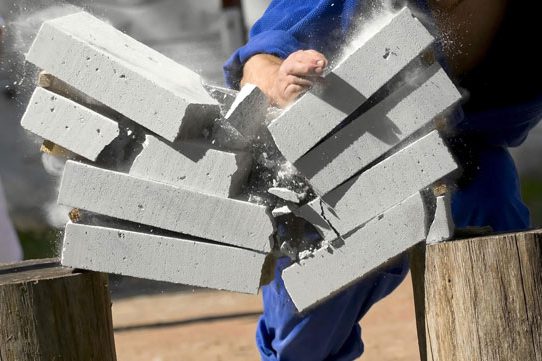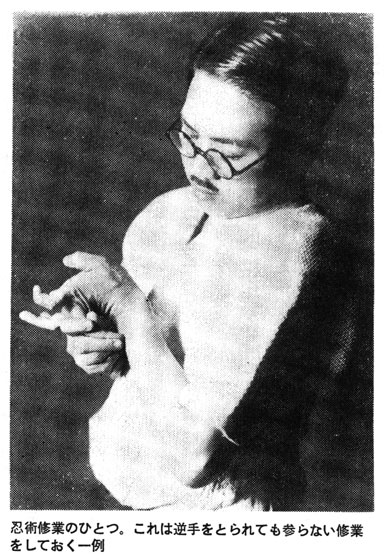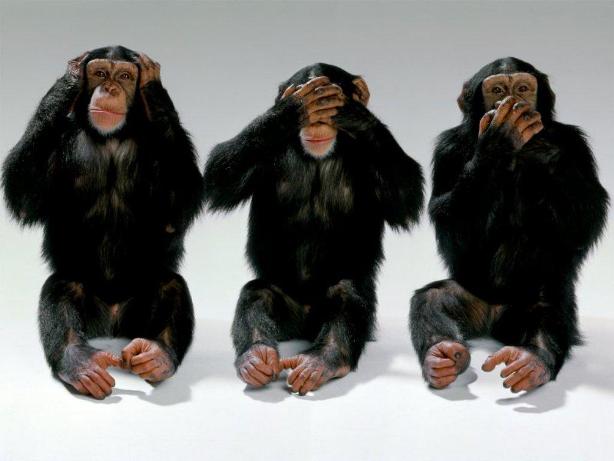This weekend I went to Finland with my brother to compete in a big Karate tournament.
The funny thing with Finland is that it takes only 2 hours to fly there from Sweden (where I live), but the language, Finnish, has absolutely nothing in common with Swedish.
Nada.
Zip. Zero. Zilch.
It’s like another planet.
Two countries, quite close geographically, but far away from each other when it comes to language (and mentality, I might add).
So, the result is that if you are a Swede, you need to use English in your neighbour country Finland. And that got me thinking: “Isn’t it great with a common language that everyone can understand?”
- For example, in Medicine we have Latin.
- In Mathematics we have Numbers (and some symbols).
- In Kickboxing and MMA we have English.
- And in Karate we have Japanese.
Which makes it great when you, for example, go to a tournament, training camp, or seminar in another country. Because the “Karate lingo” doesn’t change that much.
“Shiko-dachi”, “Hajime”, “Mawashi-geri” or “Rei” is still basically the same. (Okay, if you go to Italy they might say it with a different accent, but you still understand it, compared to if they would be speaking pure Italian, right?)
But is it all good?
Is there a… (dare I say it?) dark side of having a common language for communication? Could you actually sometimes feel “separated by a common language” (like George Bernard Shaw described England and America)?
Let me give you an example:
In a study I read recently, people were willing to pay 23 kronor (the Swedish currency) for a “Tuna Wrap”, but only 20 kronor for a “Tonfiskrulle” (the Swedish word for Tuna Wrap).
In other words, people were willing to pay more for the exact same thing, just because it had an American name, instead of the old “boring” normal Swedish name. An American name gives it more status, somehow.
Is that the reason why some Western Karate people are so obsessed with Japanese titles and ranks? Why they run around and snap photos with 250 different Japanese masters? To somehow make themselves feel a little bit more genuine and real? Like the Tuna Wrap?
Maybe.
“Fake it ’til you make it.”
But that’s not what I want to talk about right now.
Back to linguistics.
I have another example. This one is 100% real, because I heard it this weekend when I was having dinner at the hotel.
At the table next to me, there was a (presumably) American man, in his 50’s, sitting with his wife. They wanted to order beer, so they waved the waitress over.
Here is the actual dialogue (not made up, I swear):
- American man: “Yes, I would like to order two beers, please”.
- Finnish waitress: “We have many different kinds, anything special you like?”
- American man: “Two light, please.”
- Finnish waitress: “Okay, two lager…” (Starts writing down the order)
- American man: (Looks at his wife, confused) “No, I said two light.”
- Finnish waitress: “Oh, two dark? Okay.” (Starts writing again).
- American man: “No, no, no, two LIGHT, please.” (Then looks at his wife like “Can you believe this?)
- Finnish waitress: “Okay, two light. Thank you.” (Walks away)
That waitress must have been really tired! Or maybe she had alot of wax in her ears. Most likely both.
I mean, how do you get “light” to “lager”, and then to “dark”?
Anyway, what I wanted to illustrate is that a common language is really nice, but it is not a guarantee that everything will work smoothly. Just to give another example, I remember in Okinawa, when my sensei said during the warm-up that we should do the following exercises:
“Skippu Janppu”, “Baapii” and “Wan-tsuu Panchi”.
What he meant was “Skip Jump”, “Burpee” and “One-Two Punch”.
They don’t use any Japanese words for those exercises! I was really confused, until I realized that he was speaking English. Or should I say Japlish?
But, at the end of the day, I really like the fact that we use Japanese in Karate. It makes things a lot easier (isn’t “yame” a great word?), more interesting, and like I said before, it really helps if you want to be international (with tournaments, seminars and stuff).
And, with the right type of “manipulation”, you might even improve your status a little…
Let me conclude with a poem I composed (“oh no, not again“):
Joy wouldn’t feel good… if it wasn’t for pain.
Sunny days wouldn’t be special, if it wasn’t for rain.
And Karate wouldn’t be the same if it wasn’t for “REI!”
The End.



6 Comments